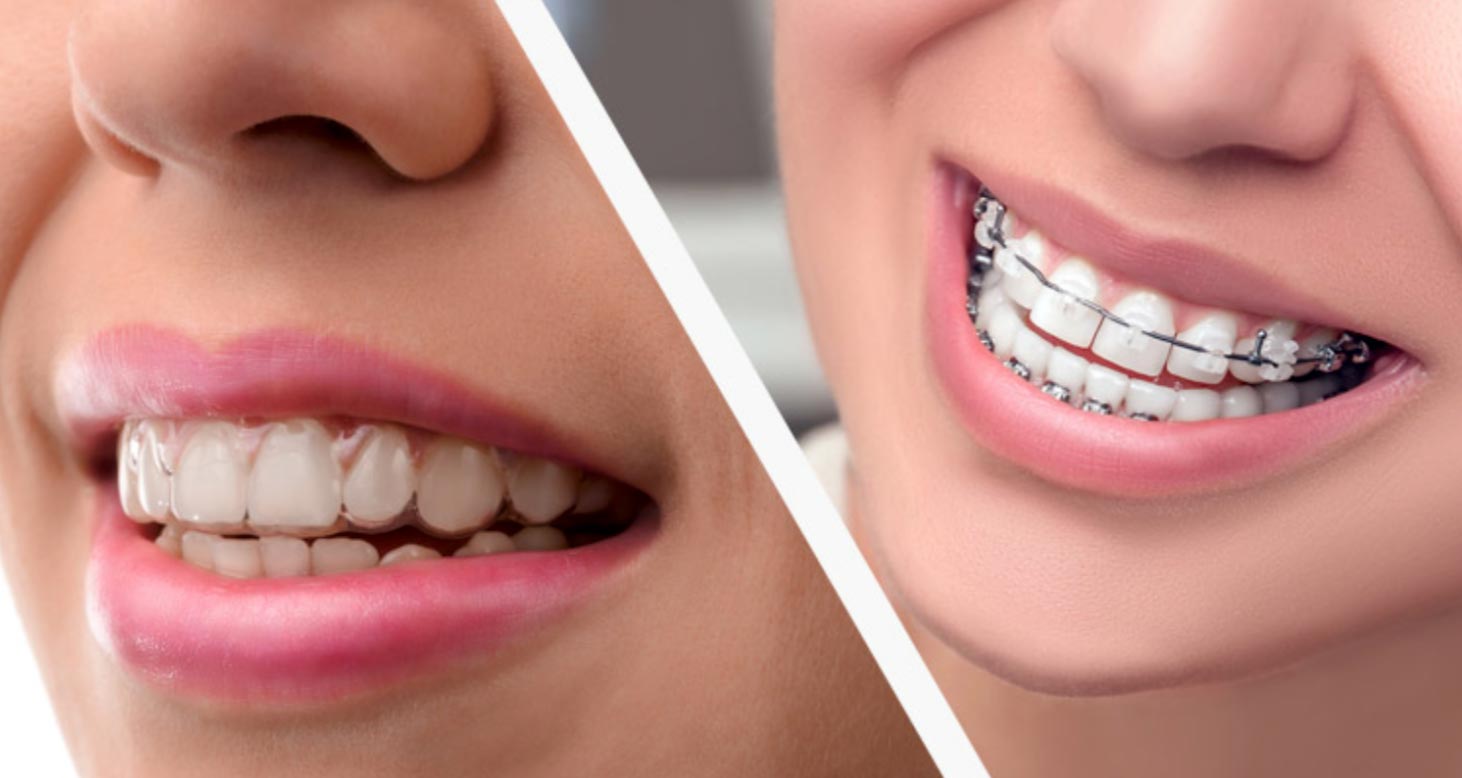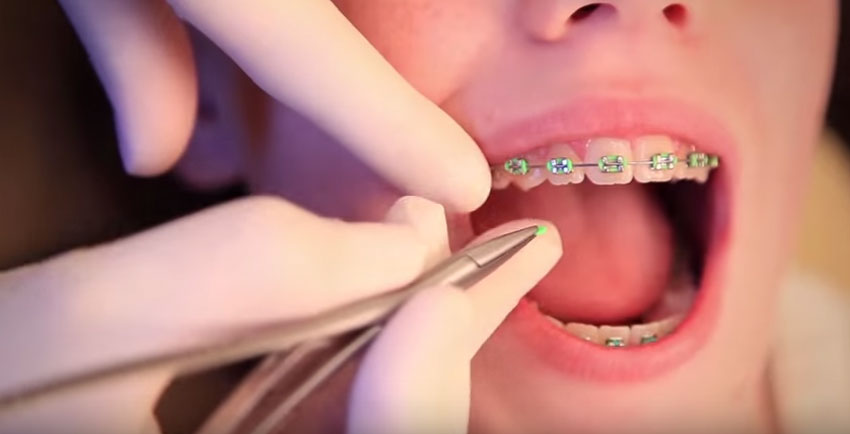ROOT CANAL VS. EXTRACTION: WHICH IS BETTER?

Poor dental care, contact traumas, or just everyday wear and tear can all lead to tooth decay, a frequent dental condition. If tooth decay is not identified and treated as soon as possible, the pulp (the tooth's nerves and blood vessels) may be affected. The two main methods we use to treat decay that has spread into the pulp are extraction or root canal therapy. Although there is significant discussion regarding which choice is preferable, both are useful. The root canal experts explain it in simple terms so that you can know the pros and cons of the treatment effectively.
How do root canals work?
When deciding between a root canal and extraction, the former is preferable. The patient can preserve their natural tooth with root canal therapy, which is safer than extraction. The East Carolina University School of Dental Medicine estimates that 41,000 root canal procedures are carried out daily. Even so, a lot of individuals are still unaware of a root canal treatment near me in Sunny Isles Beach, 33160.
What is the closest root canal procedure to me?
The best technique to treat a tooth that is diseased or inflamed is with a root canal. The pulp, or interior of the tooth, becomes infected when this happens, and the patient often complains of excruciating nerve pain.
The surgeon exposes the interior of the tooth after providing the local anaesthetic, and then uses specialised tools to remove the infected pulp and clean the pulpal space. After the tooth's damaged area has been removed, the canals are cleaned, filled with gutta percha, which resembles rubber, and sealed with sealer, a biocompatible and antibacterial cement.
How does tooth extraction work?
Even while extraction is a successful method of treating an infected tooth, it has additional drawbacks over root canal therapy. A tooth extraction or simple extraction can result in subsequent illnesses or even change the patient's physical appearance.
As a result, whenever a natural tooth may be saved, we always recommend a root canal.
When a natural tooth cannot be saved or the patient would prefer an extraction to a root canal, dental extraction near me in Sunny Isles Beach, FL is required. Anaesthesia is given prior to an extraction by an oral surgeon or regular dentist, who subsequently removes the tooth from its socket. Although there may be some discomfort following the process, an extraction is normally painless.
An extraction leaves the patient with an open wound that is vulnerable to secondary infections, unlike a root canal. The neighbouring teeth will shift and slide in the direction of the empty socket if the patient doesn't have any sort of replacement implant.
Is a root canal or extraction preferable?
The ideal course of treatment will vary from patient to patient, but in general, it is best to preserve the natural tooth wherever possible. The success rate of a root canal procedure is well over 90%, and there are numerous advantages to keeping the natural tooth.
Another therapeutic option in an endodontist's toolbox that can aid to save a tooth is endodontic retreatment. It is possible to redo a root canal if one that has already been completed becomes re-infected with bacteria, for example by the emergence of a new cavity or a crack. Schedule an appointment with your local dentist at the dentist clinic near me in Sunny Isles Beach, FL.












